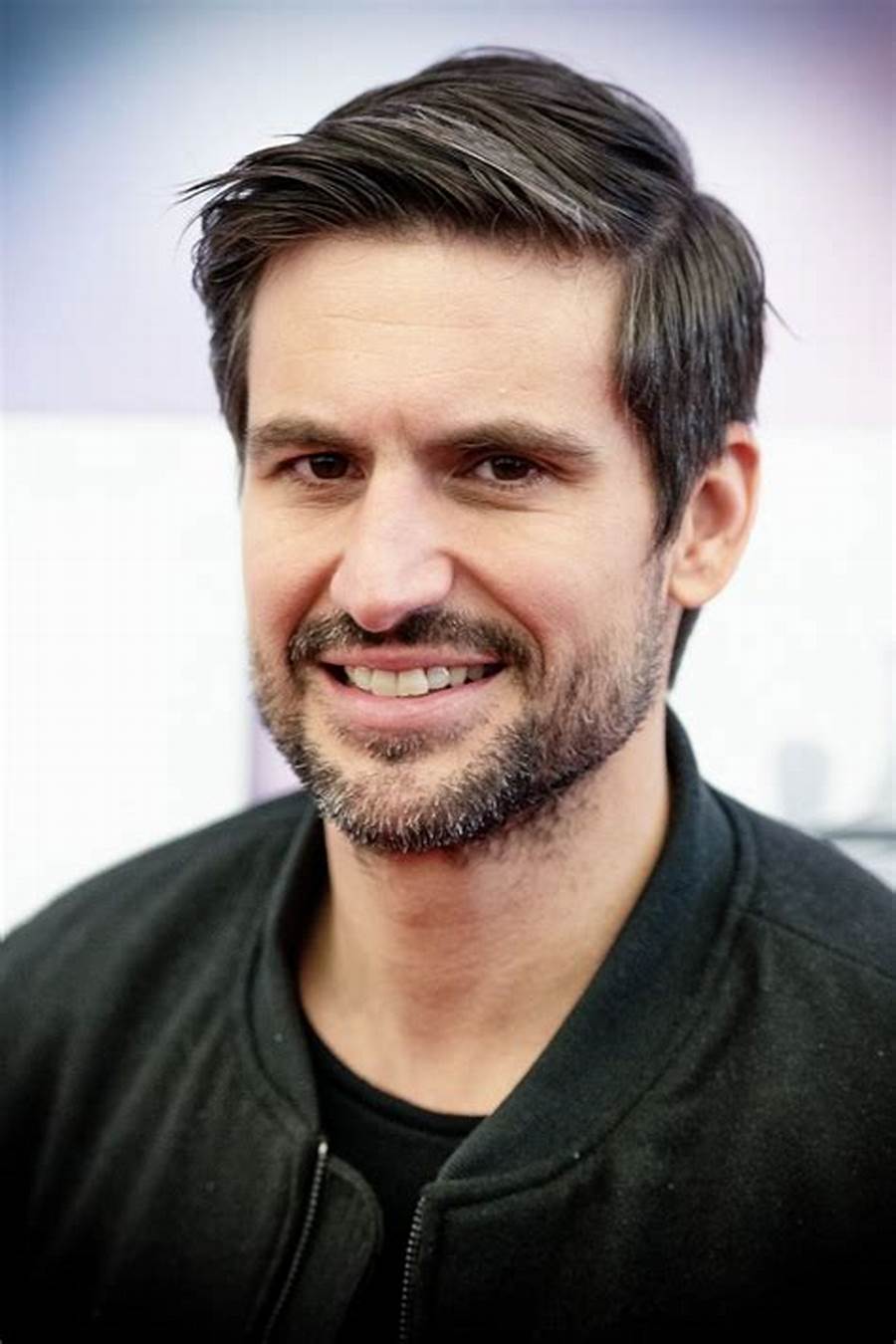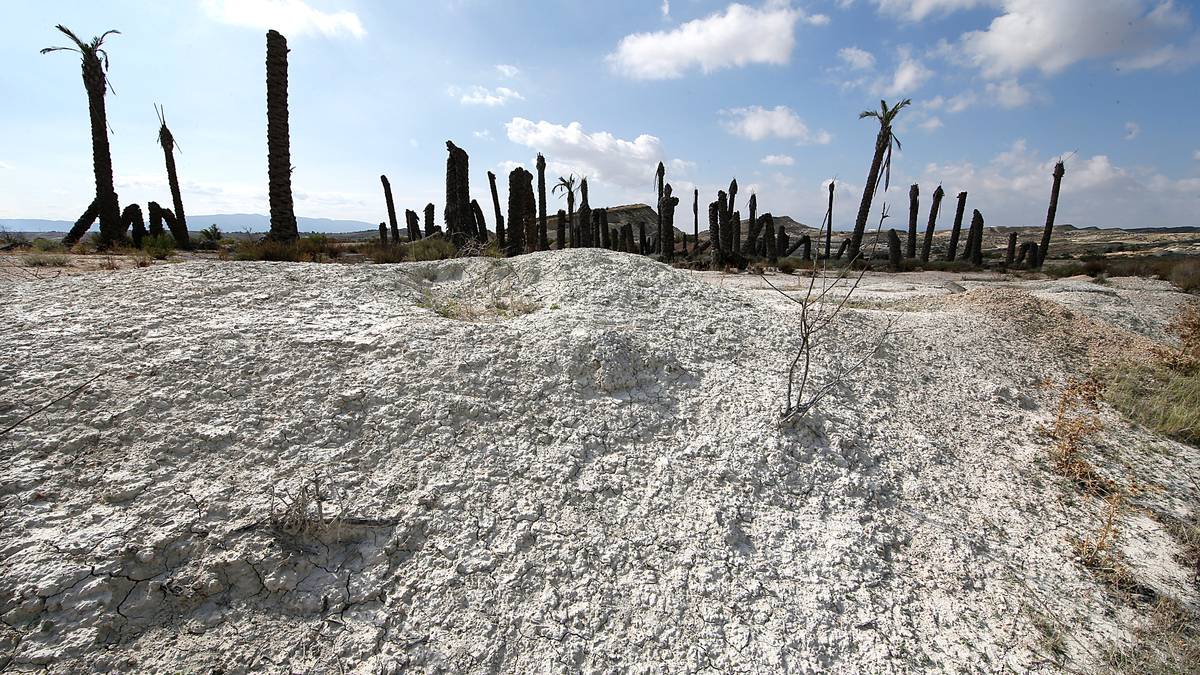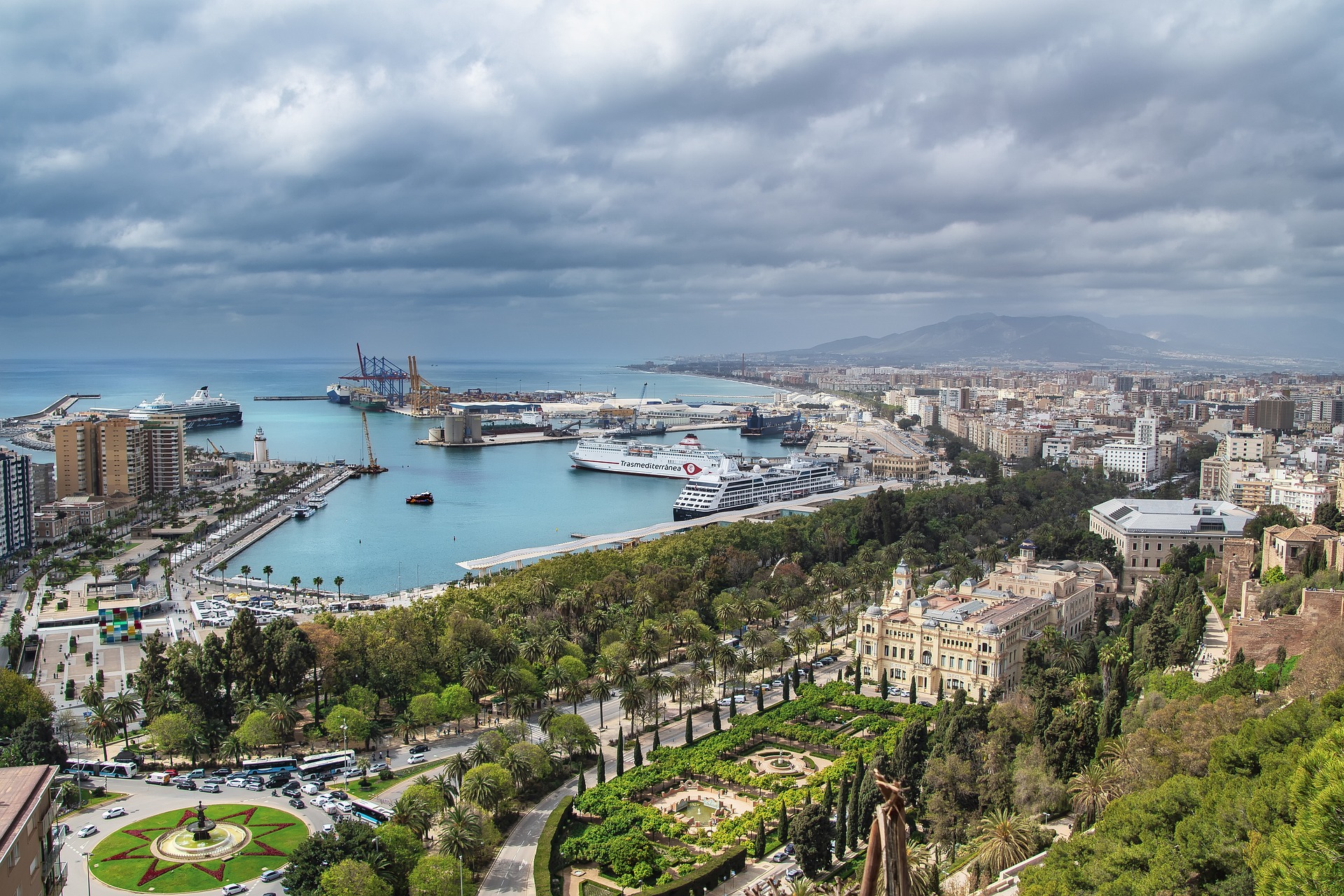“Strictly Confidential” is a drama from reality in the literal sense. Its author is Henrik Thune, a former diplomat and secretary of state at the Ministry of Foreign Affairs. Anyone who thinks that Ministry of Foreign Affairs bureaucrats can only write boring, no-nonsense notes is wrong. This is a thriller, very well written and engrossing, in my opinion, we are talking about international top class. I have no hesitation in stating that if you are going to read a book on Norwegian foreign policy this year, read this one!
In 2011, Thune became project manager at the secretariat of the Minister of Foreign Affairs Jonas Gahr Støre. For five months, since March 2011, he and a group of experienced Norwegian diplomats and a Norwegian writer have been intensely involved in ending the war in Libya. In the oil-rich North African country under the brutal dictator Muammar al-Gaddafi, civil war has broken out. Soldiers from Gaddafi’s government shoot civilians in the legs. The rebel forces were heavily armed by the French in particular. Backed by special forces from Qatar, they are closing in on the capital, Tripoli. Here, Gaddafi and his immediate family were gradually isolated in their enormous property – in fact one of the largest bunkers in the world.
Henrik Thune is known as a Middle East expert and has held several roles related to Norwegian foreign policy. Finally the working group was run by Thune, expedition leader Geir O. Pedersen and Jon Hanssen-Bauer, Norway’s special representative for the Middle East. A central role was also played by the late Thomas Stangeland, departmental director at the Ministry of Foreign Affairs.
And then we have to mention writer Henrik Hovland. Norwegian writers, among others, children’s books and a kind of freelance consultant for the Ministry of Foreign Affairs. And with a fantastic international network for the most diverse regimes.
It was the author of the children’s book who received input from those closest to Gaddafi. The dictator finally realized that the international community could not sit by and watch Libya’s civilian population being slaughtered in the ongoing civil war. But his insight into his own situation did not impress on Gaddafi himself. Tripoli rulers do not understand the seriousness. He never believed that the world community or the United Nations would launch a war against his regime. Putin himself has guaranteed that such a thing will not happen.
Gaddafi’s children see it differently. Everyone is afraid that Libya will become the new Iraq. The key is Gaddafi’s son and designated heir, Saif. Norwegian diplomats also had direct contact with Gaddafi’s daughter, Aisha. How to make a dictator realize that his days are numbered?
In hindsight, we know that the UN Security Council adopted a resolution introducing a no-fly zone over Libya. Gaddafi’s air force was highly effective and systematically bombed rebel positions. When the Security Council made a decision to protect civilians by “all means necessary”, experienced Norwegian diplomats knew that meant war. Shortly thereafter, fighters bombed Libyan targets – under NATO auspices. Norwegian fighters accounted for around ten percent of efforts this spring and summer. Nearly six hundred Norwegian bombs were dropped on strategic targets inside Libya during the spring of 2011. This was in fact Norway’s most extensive air-military effort in history.
“Top secret”: The hidden game of the great powers.
Groups of Norwegian diplomats have made several trips to the Libyan capital, Tripoli. It was the Norwegians who told Gaddafi’s son that bombs would rain down on his country soon. They also process other people in the dictator’s inner circle. The goal is for Gaddafi to step down, step down. After that, there will be a ceasefire and eventually general elections and hopefully a more peaceful Libya. This is the ambition of the Norwegians. Gaddafi eventually agreed to step down, but insisted that a ceasefire must come first. Both Cameron in London and Sarkozy in Paris categorically reject this. First, Gaddafi must resign.
In hindsight, it’s clear that this was a planned game where London and Paris had decided that Gaddafi had to go. So regime change. They support the rebels with guns. Major French and possibly British companies had signed agreements with the rebel movements for cooperation in the “new Libya”. Here multibillion dollar contracts beckon in this oil-rich desert country on the shores of the Mediterranean Sea.
Norwegian diplomats put their trust in Hillary Clinton and the Obama administration. For a long time, it seemed that Americans would seek a middle ground. The meeting in Istanbul will be decisive. During the meeting, the American envoy only received unmistakable text messages. Washington also does not want a negotiated solution with Gaddafi. This surprised Norwegian diplomats and Foreign Minister Jonas Gahr Støre. He believed and hoped for a long time for a negotiated solution.
Lilleputt in the senior team
Little Norway has to state that hidden play between London and Paris on one side and Washington on the other makes Norway a minor putt player in the senior team. The book was undoubtedly a major disappointment at the Ministry of Foreign Affairs. Get to the minister’s office.
We know the story. The rebels are fighting their way to Tripoli. Gaddafi fled to the east of the country, but was caught and shot. But not before a soldier plunged a bayonet into the dictator’s rectum – in what would be a humiliating and painful end to his brutal life.
Libya – a broken country
Yes, Norway’s peace efforts were unsuccessful. But it’s a bold attempt — one that really isn’t too far from the truth. What Norwegian diplomats don’t know is that the major powers are clearly plotting the fate of Libya. The dictator in Tripoli had to leave and the divided country came together under a new, democratic leadership. This turned out not to be the case and thousands of civilians became victims. And Libya is a broken country. This is how Henrik Thune describes the current situation in the war-torn country:
“In Tripoli in the west, a prime minister rules with his army. In the east of the country, there is another prime minister with another army. In the cities scattered between, the militias rule who are ready if fighting breaks out again. How many lost their lives? How many many disappeared and were tortured, or became terrorists, and how many children lost normal childhoods because the economy collapsed? and the terror that spread like a flood to the Sahara desert soon after the NATO war ended.”
About Jan Øyvind Helgesen
Jan Øyvind Helgesen is a dedicated book lover and reading horse. He has been a full-time journalist since 1979, on Arbeiderbladet, Økonomisk Rapport, VG and TV 2. In recent years, he has hosted God Morgen Norge and Nyhetskanalen on TV 2.
Now he spends a lot of time putting on his own and other people’s shows – when he doesn’t disappear into the new book.

“Hardcore zombie fan. Incurable internet advocate. Subtly charming problem solver. Freelance twitter ninja.”







:quality(70):focal(2632x1616:2642x1626)/cloudfront-eu-central-1.images.arcpublishing.com/mentormedier/ZNNRYRVNU6TUOQBBL22PE3O37M.jpg)